Hezbollah fires scores of rockets in northern Israel
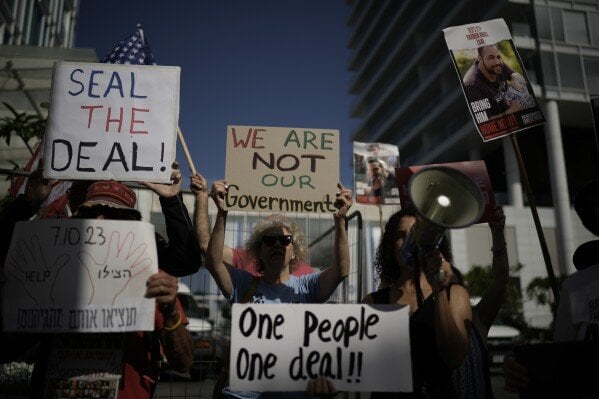 Photo: AP
Photo: AP
Beirut, June 13: Lebanon's Hezbollah fired a massive barrage of rockets into northern Israel on Wednesday to avenge the killing of a top commander, further escalating regional tensions as the fate of an internationally-backed plan for a cease-fire in Gaza hung in the balance.
The retaliatory attack came as U.S. Secretary of State Antony Blinken was in the region to push a cease-fire proposal with global support that has not been fully embraced by Israel or Hamas. The militant group submitted its first official response late Tuesday, requesting “amendments” to the deal.
Hezbollah, an Iran-backed ally of Hamas, has traded fire with Israel nearly every day since the 8-month-long Israel-Hamas war began and says it will only stop if there is a truce in Gaza. That has raised fears of an even more devastating regional conflagration.
Air raid sirens sounded across northern Israel, and the military said that about 160 projectiles were fired from southern Lebanon, making it one of the largest attacks since the fighting began. There were no immediate reports of casualties as some were intercepted while others ignited brush fires.
Hezbollah said it fired missiles and rockets at two military bases in retaliation for the killing of Taleb Sami Abdullah, 55. Known within Hezbollah as Hajj Abu Taleb, he is the most senior commander killed since the fighting began eight months ago. The Israeli strike destroyed a house where Abdullah and three other officials were meeting, about 10 kilometres (6 miles) from the border, late Tuesday.
Israeli airstrikes on Lebanon have killed over 400 people, most of them Hezbollah members, but the dead also include more than 70 civilians and non-combatants. On the Israeli side, 15 soldiers and 10 civilians have been killed since the war in Gaza began.
Other groups allied with Iran, including powerful militias in Iraq and Syria, and the Houthi rebels in Yemen, have also attacked Israeli, U.S. and other targets since the start of the war, often drawing Western retaliation. In April, Israel and Iran traded fire directly for the first time.
U.S. President Joe Biden's administration has said the best way to calm regional tensions is for Hamas to accept a proposal for a phased cease-fire that it says would end of the war in Gaza and bring about the release of the remaining hostages abducted in Hamas' Oct. 7 attack that ignited the war. The U.N. Security Council voted overwhelmingly in favour of the plan on Monday.
Biden says it is an Israeli proposal, but Prime Minister Benjamin Netanyahu has sent conflicting signals, saying Israel remains committed to destroying Hamas. It's unclear how it would do that if the U.S.-backed proposal, which includes an Israeli withdrawal from Gaza, is fully implemented.
Hamas has expressed support for the broad outline of the deal but wariness over whether Israel would implement its terms, particularly provisions for an eventual permanent end to fighting and Israeli withdrawal from Gaza.
Hamas said Tuesday that it gave mediators its reply to the proposal, which appeared to be short of outright acceptance but kept negotiations alive. Qatar and Egypt, which have been key mediators alongside the United States, said mediators were studying it.
Hamas spokesman Jihad Taha said the response included “amendments that confirm the cease-fire, withdrawal, and reconstruction and (prisoner) exchange.” Taha did not elaborate. (AP)


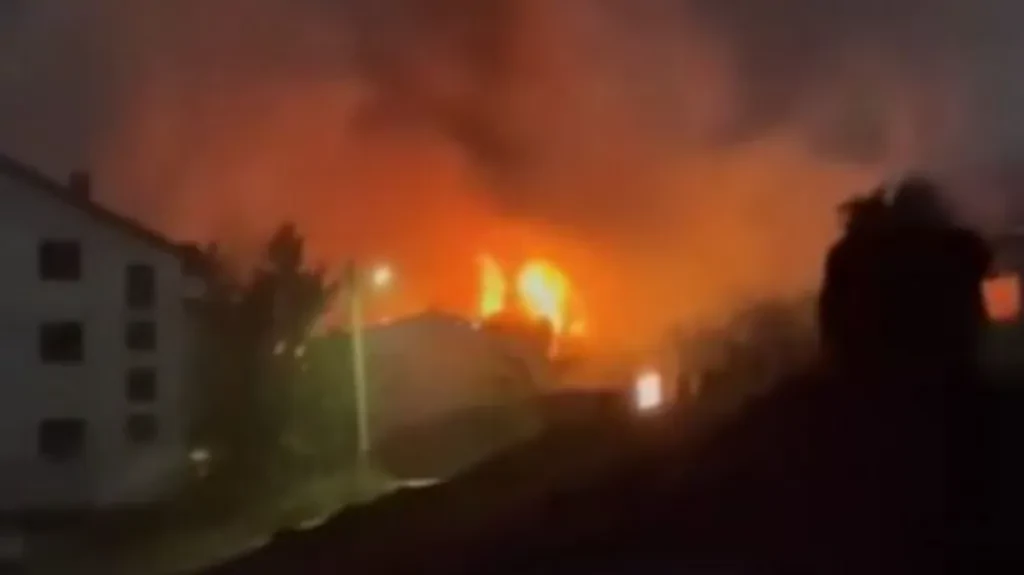
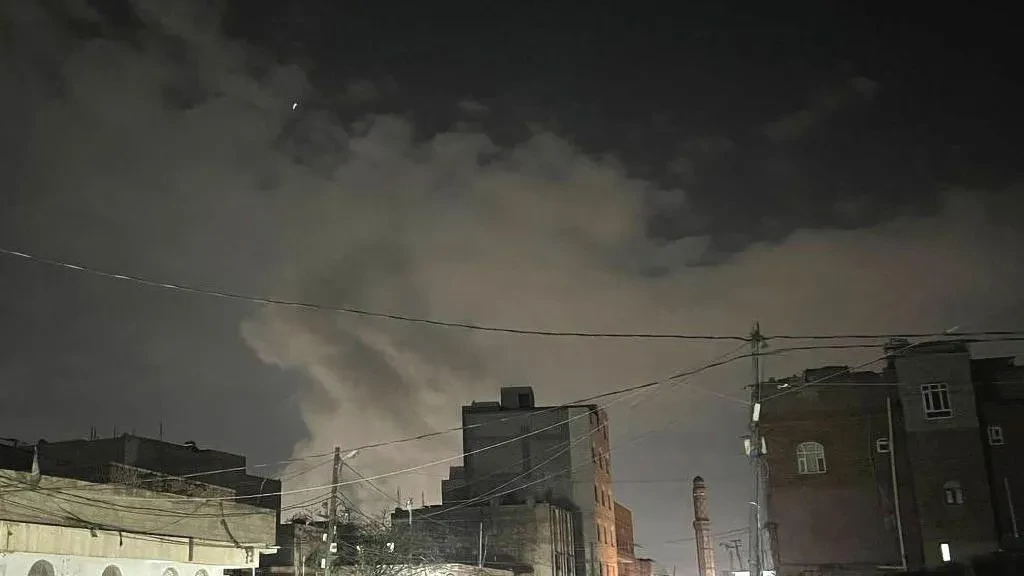
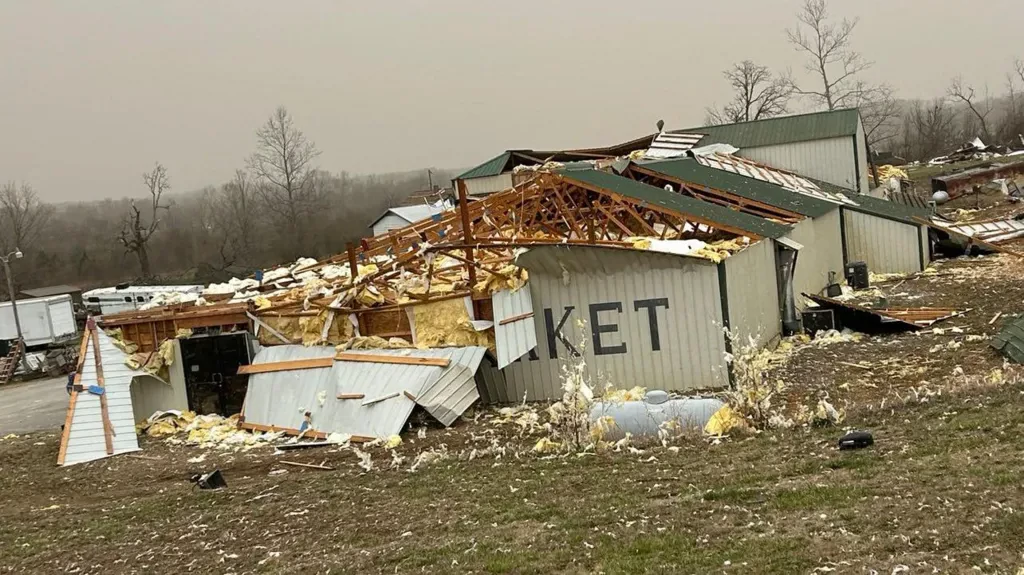
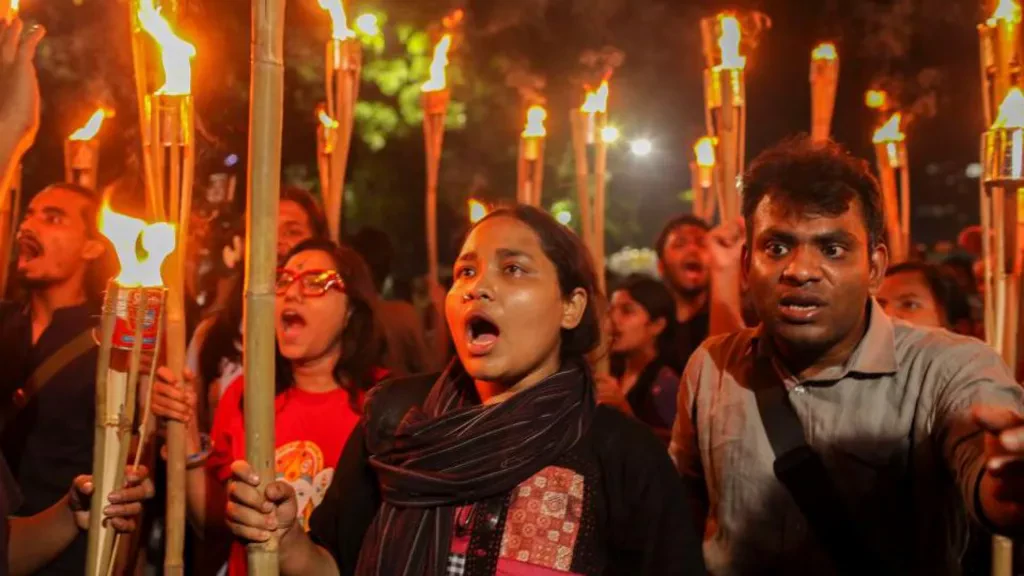
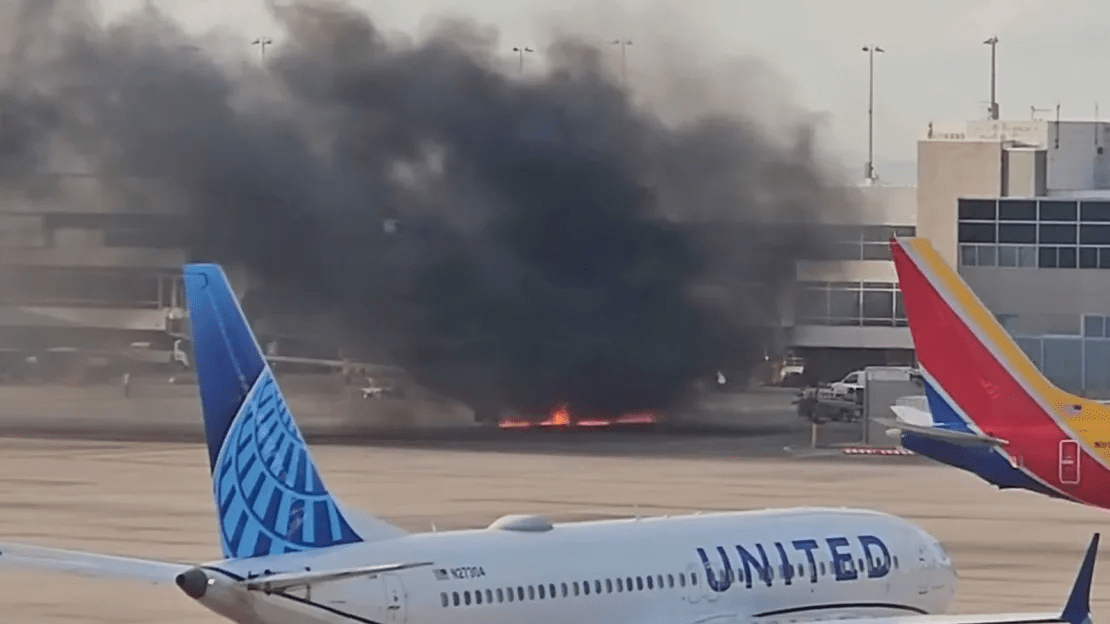
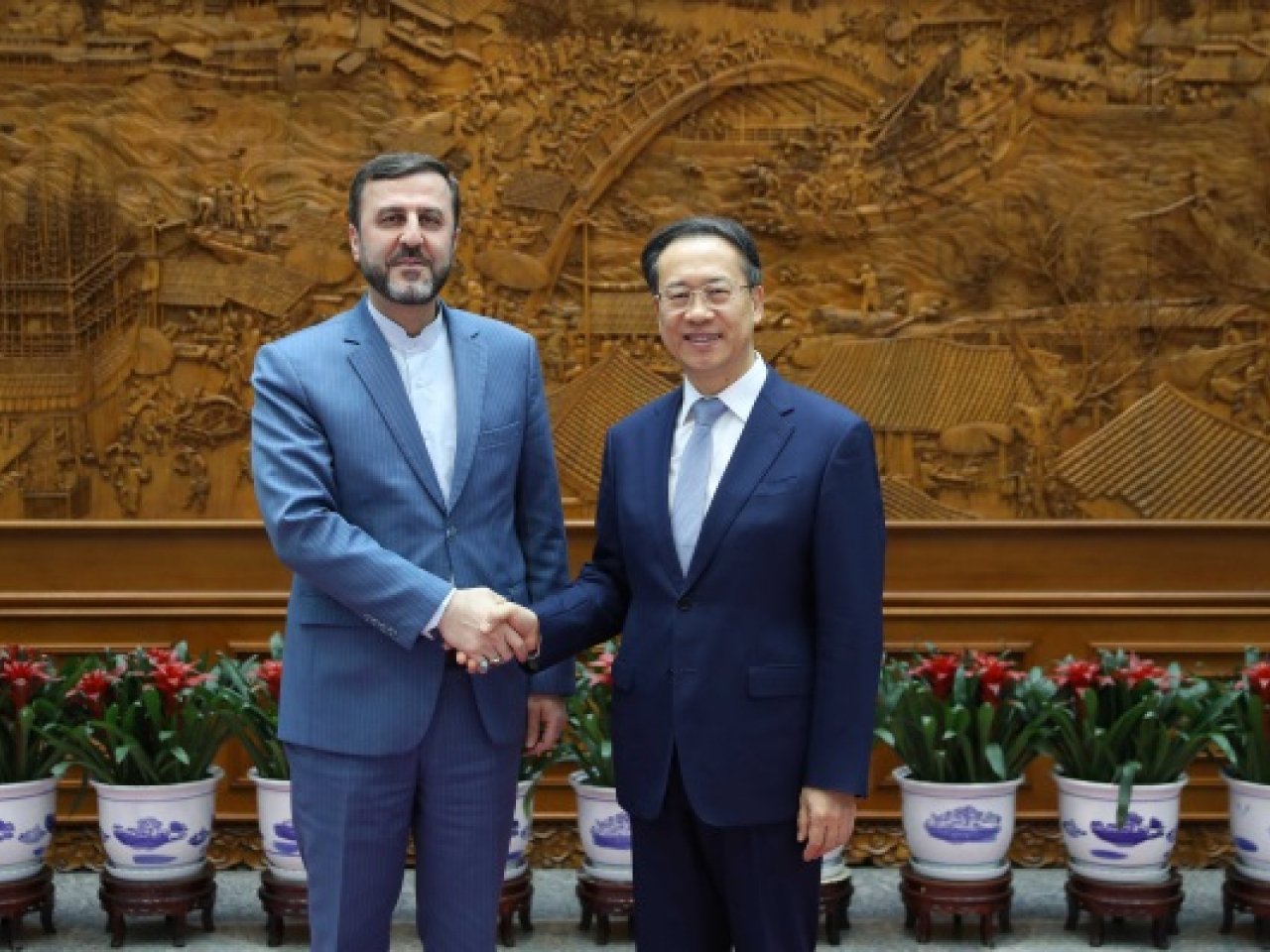
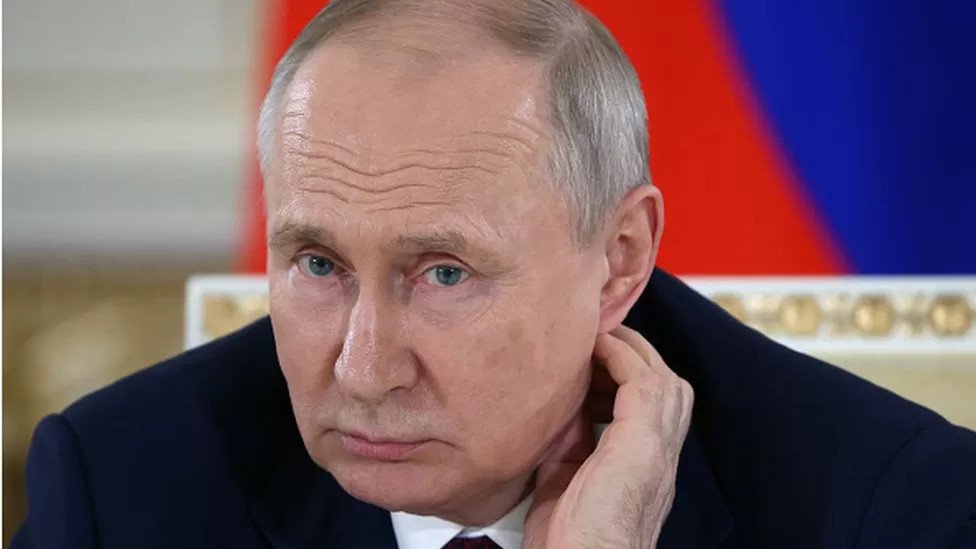

Leave Comment